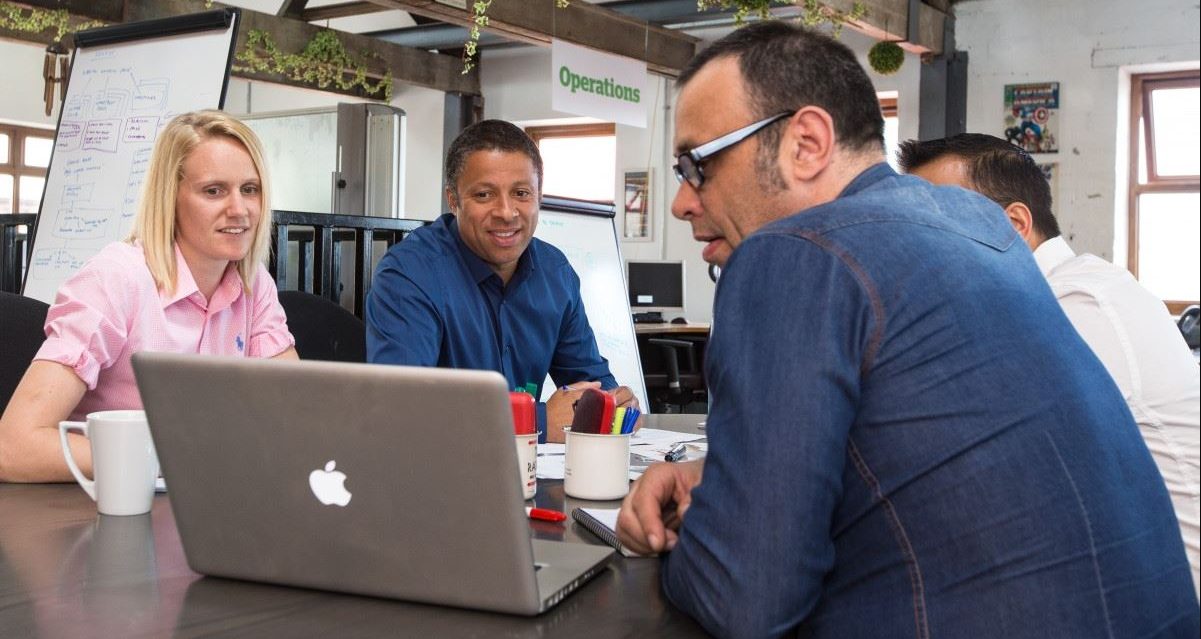The new study created a hypothetical sales scenario and then measured white subjects’ support for redistribution of their earned sales bonuses after a bias was discovered in how sales opportunities had been offered to white versus black employees. The research differentiated between whether subjects were asked to share the bonus with an individual black coworker or with all black coworkers at the company, and measured the differences in subjects’ support in each instance. Paralleling prior research, when the inequity was framed as personal advantage, subjects were more likely to share the bonus with black coworkers as a group, though interestingly less likely to share with an individual black coworker. The opposite occurred when the inequity was framed as black coworkers’ disadvantage: white subjects were less likely to share the bonus with a group of black coworkers but more likely to share it with an individual.
The implications for conflict resolution practitioners are that how we frame inequities plays a huge role in getting people with privilege to engage in restorative behavior, but that whether the conflict occurs between individuals or groups matters. In working to create redistributive policies for systemic justice at the group level, it is best to highlight ingroup privilege in order to get ingroup members to the bargaining table. However, at the individual level, an advantaged person may be more likely to engage with restorative methods when attention is called to the other disputant’s disadvantage.
Rosette, A. S., & Koval, C. Z. (2018). Framing advantageous inequity with a focus on others: A catalyst for equity restoration. Journal of Experimental Social Psychology, 76, 283-289.
